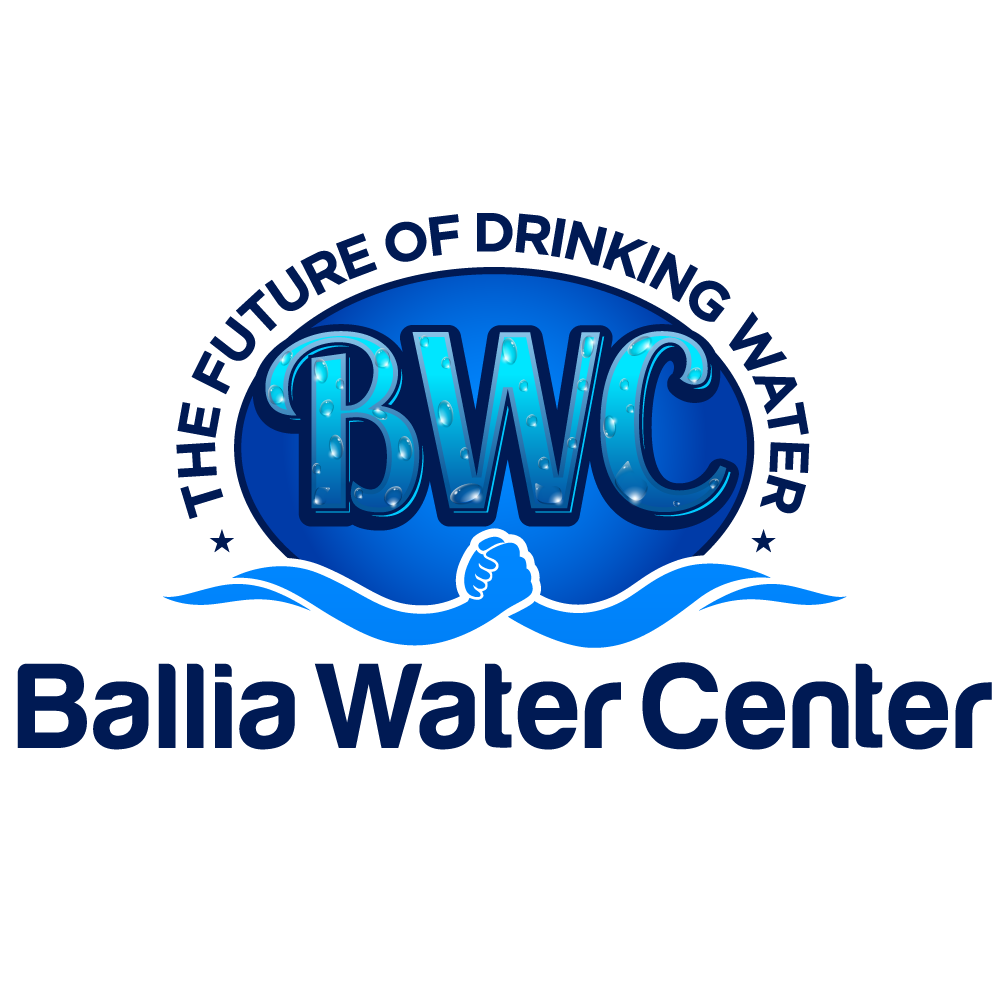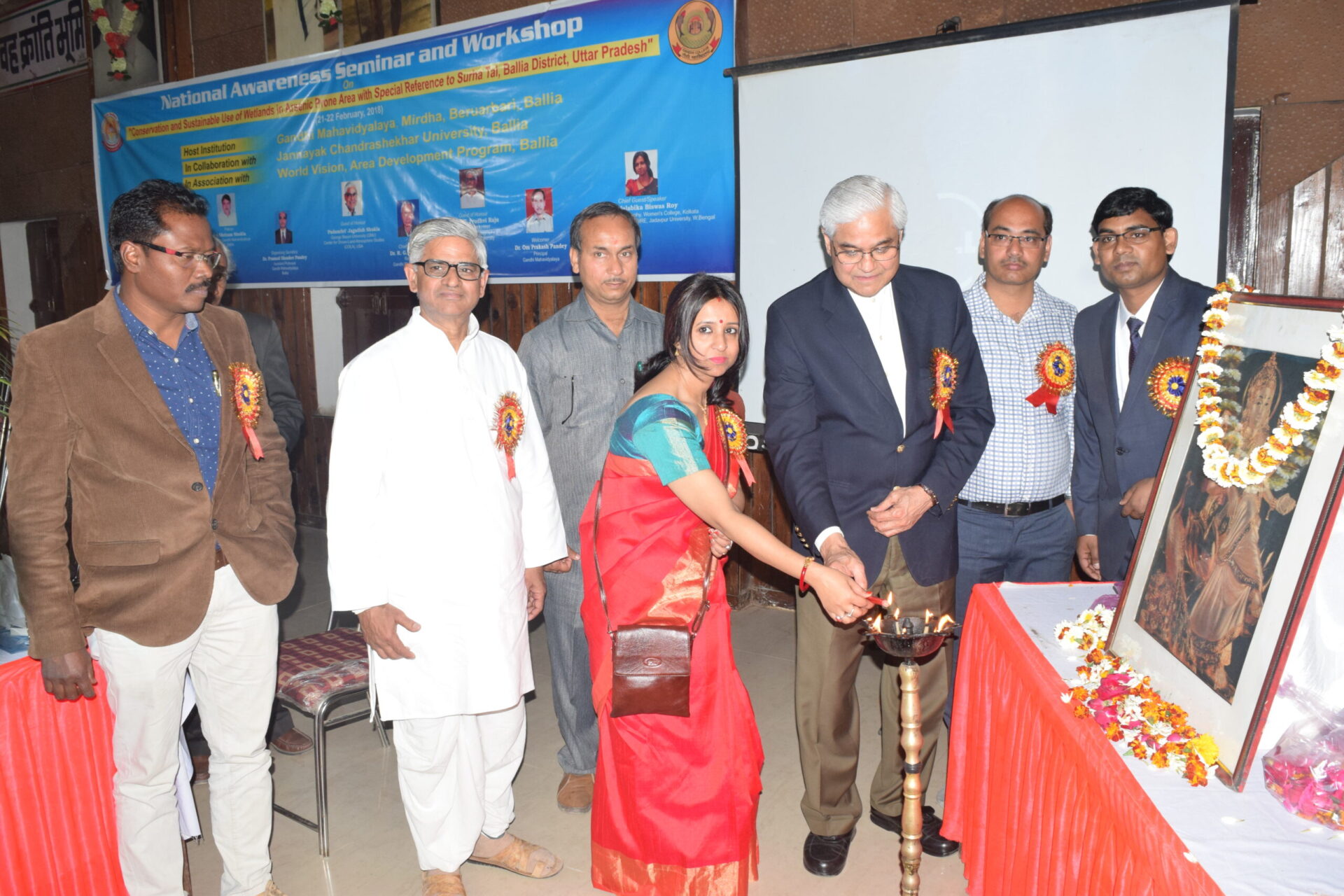The Ballia Water Center (BWC) is an institution operated by a non-profit organization (Trust) Ballia Water Research and Social Welfare Trust, Beruarbari, Ballia, Uttar Pradesh-277304, India. All the funds will be provided by our NGO, BWRSWT for running and organizing the programs for BWC. BWRSWT is the mother body established to manage BWC funding and operations. The head office of the BWC is at Beruarbari, Ballia, Uttar Pradesh-277304, India.
The BWC will be working in villages throughout the Ballia District develop to a new, more effective model for delivering critically needed water-related services to villagers, focusing on providing access to safe drinking water and environmental protection (forestation, management of wetlands, lakes, and streams, conservation of groundwater reserves, etc.). Much of the focus will be on villages in arsenic-prone areas along the Ganga River and on the poorest and most vulnerable people, whose water-related needs are not currently being addressed. BWC activities include promoting public awareness of water-related issues, water testing., providing, installing, and maintaining filters both domestic and community-based filters, and capacity building in support of water-related services.
The BWC will work with universities with governmental agencies to identify arsenic and other heavy metals, and other kinds of contamination in the groundwater of Ballia District on a scale of 100 meters or less and to make this information available to the public on GIS maps, accessible on the internet. It will take a few years to carry out the required well-by-well testing, but it will start very soon to post the information that is currently available but not widely disseminated. It will also seek to identify arsenic contamination in the soil and in the food chain and to document the impacts of arsenic poisoning on human health– the victims and the specific health impacts.
Testing of water samples will be available on demand at BWC headquarters, and testing of wells in villages by BWC staff can be arranged. Test results will enable families to decide whether they need to take measures to secure safe drinking water. For the families that need to take action, the BWC staff can inform them of their options. The Centre will maintain an inventory of relatively inexpensive domestic (household) filters with a capacity of about 20 liters per hour that will be available for purchase. The cost of purchase will include a setup fee and a two-year maintenance contract. In some densely populated villages with widespread water contamination, community-based filters might be a more cost-effective option than domestic filters. In these instances, the BWC will inform the villagers of available options and, upon request, will assist with the purchase, installation, and maintenance. The BWC owns one community-size filter from which water may be purchased at its headquarters, and it will be experimenting with selling small quantities of water in coin-operated kiosks in a nearby village where people go shopping.
To increase the water supply infrastructure, the BWC is considering the possibility of repairing and maintaining IIT/UP Jal Nigam filters that were used previously but have been abandoned.
The BWC will undertake a variety of education and outreach activities, some at its headquarters and some arranged at sites in villages throughout the district in need of help with the mitigation of water contamination. Presentations and workshops include efforts to raise awareness of the hazards of drinking unsafe water, mitigation options for contaminated water, and water-related local and environmental issues and how they might be addressed.

